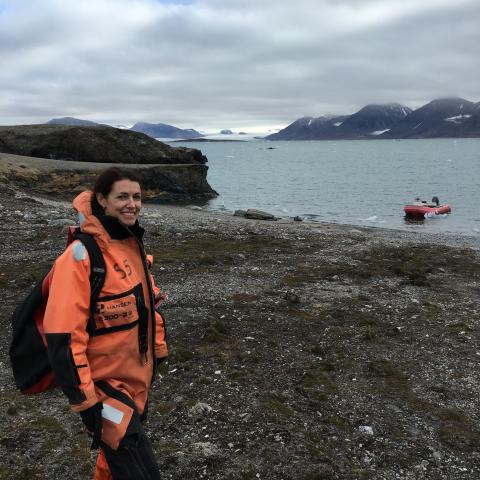event
SEMINAR: Microbial Dark Matter in marine sediments
Primary tabs
by Dr. Karen Lloyd, University of Tennessee
Abstract
A large fraction of microbial phyla on Earth have no cultured representatives. Even within phyla with cultured representatives, many high-level taxonomic groups remain uncultured. We used the NCBI Genbank 16S rRNA gene database to examine the distribution of these uncultured clades in Earth’s environments. We found that these uncultivated clades are often quite divergent from cultures and are especially prevalent in marine sediments. Given that organisms in marine sediments do not undergo boom-and-bust nutrient cycling as they do in other environments, it may be that phylogenetically divergent and highly abundant marine sediment microorganisms remain uncultured because they are not capable of growing fast enough to be cultured. We combined two different experiments, using two different analytical techniques to find that most clades in marine sediments grow with doubling times of 2-25 years. Such organisms may not be capable of growing at the fast rates required for axenic culture.
Status
- Workflow status: Published
- Created by: Emanuele Di Lorenzo
- Created: 11/16/2016
- Modified By: Fletcher Moore
- Modified: 04/13/2017
Categories
Keywords
User Data
Target Audience

